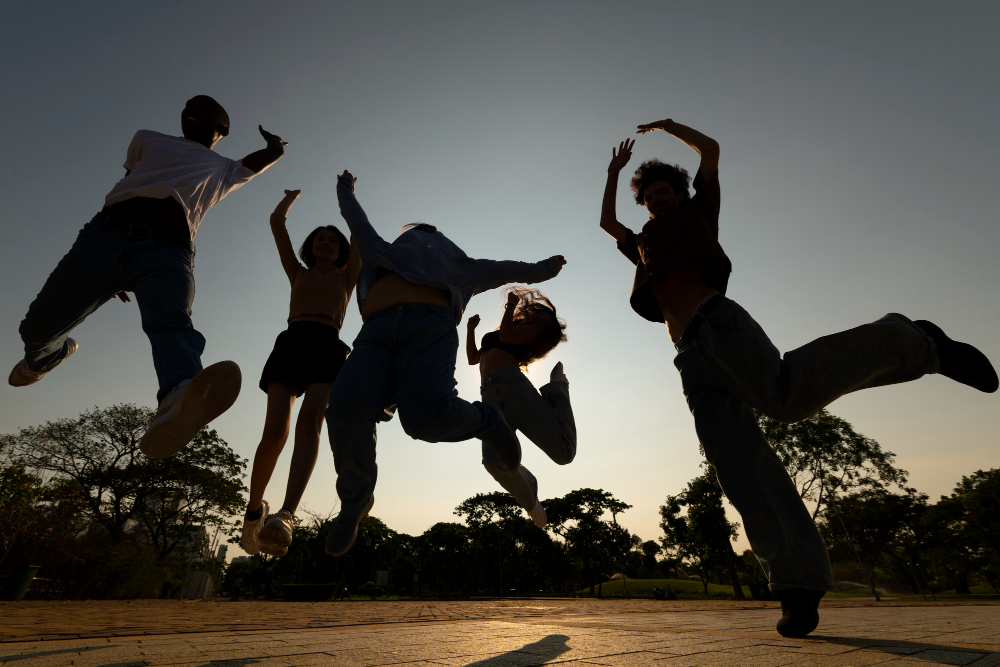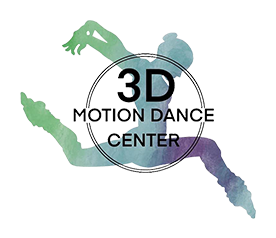Why a Dance Camp is Great for Your Child's Growth

For many young dancers, the end of the school year doesn't mean a break from their passion. Instead, it signals the start of something exciting: dance camp. These camps offer a unique, immersive experience that goes beyond regular weekly classes. They provide a concentrated period of training, creativity, and social interaction that can significantly boost a dancer's confidence and technical abilities.
A dance camp is more than just a series of classes; it's a community where young performers can explore their artistry in a supportive environment. They get to try new styles, work with different instructors, and forge friendships with peers who share their love for dance. This focused time allows them to make substantial progress in a short period, returning to their regular classes with newfound skills and a renewed sense of purpose.
If you're a parent considering a summer activity for your child, a dance camp offers a powerful blend of physical, social, and emotional development. Let's explore how these programs help dancers grow, both on and off the dance floor.
Build Confidence in a Supportive Setting
One of the most significant benefits of a dance camp is the boost in self-confidence it provides. In a camp setting, dancers are encouraged to step outside their comfort zones in a safe and nurturing environment. They might be asked to try a complex piece of choreography, improvise a solo, or perform in front of their peers. Each small success builds a foundation of self-belief.
Overcoming Challenges Together
Unlike the competitive atmosphere that can sometimes arise in the dance world, camps often emphasize teamwork and mutual support. Dancers learn to cheer each other on, celebrate one another's breakthroughs, and work together toward a common goal, like a final showcase performance. This sense of camaraderie helps alleviate the fear of making mistakes. When a child knows their peers and instructors are there to support them, they feel more comfortable taking risks, which is essential for artistic and personal growth. This environment is something we cultivate at our dance studio in Apopka, FL, where every student is encouraged to be brave and try new things.
Receiving Personalized Feedback
With more focused time available, instructors at dance camps can often provide more individual attention and personalized feedback. This one-on-one guidance helps dancers understand their unique strengths and areas for improvement. When a child sees that an instructor is invested in their progress, it validates their efforts and motivates them to work harder. This positive reinforcement cycle is a powerful confidence builder, showing them that their hard work pays off.
Accelerate Skill Development
While regular weekly classes are crucial for consistent training, the immersive nature of a dance camp allows for accelerated skill development. Dancers spend several hours a day, for a week or more, completely focused on their craft. This intensive schedule leads to noticeable improvements in a short amount of time.
Exposure to New Styles and Techniques
Dance camps often feature a diverse curriculum that exposes students to styles they might not encounter in their regular classes. A young ballerina might discover a love for hip-hop, or a contemporary dancer could find a new passion for tap. This variety not only makes them more versatile performers but also deepens their appreciation for the art form as a whole. Exploring different genres helps dancers develop new coordination patterns, rhythms, and ways of moving, making them more well-rounded artists.
Intensive Training and Conditioning
The daily repetition and focused practice at a dance camp help solidify technique. Dancers have the opportunity to drill challenging steps, refine their posture, and improve their flexibility and strength. Many camps incorporate conditioning classes that focus on building the core strength, stamina, and body awareness necessary for advanced dance moves. This physical conditioning reduces the risk of injury and gives dancers the power and control needed to execute choreography with precision and grace.
Foster Social Skills and Friendships
Dance camp is also a fantastic social experience. It brings together children from different schools and backgrounds who are united by a shared passion. This shared interest provides an immediate foundation for building strong, lasting friendships.
Learning to Collaborate
Much of dance is about collaboration. Whether learning group choreography or creating a small-group piece, campers must learn to work together, communicate effectively, and compromise. They learn to listen to others' ideas, synchronize their movements, and rely on their teammates. These collaborative skills are invaluable and extend far beyond the dance floor, helping children in school projects and future professional environments.
Creating a Lifelong Community
The bonds formed at dance camp can last a lifetime. Sharing such an intense and rewarding experience creates a special connection between campers. They become part of a community that understands the discipline, joy, and hard work that dance requires. For many children, their "dance friends" become some of their closest confidants, offering a support system that continues long after the camp has ended. Our dance studio is proud to be a place where many of these friendships begin and flourish right here in Apopka, FL.
A Summer of Growth Awaits
A dance camp offers a unique opportunity for young dancers to grow in confidence, skill, and friendship. It’s an investment in their passion that pays dividends in their personal development. By immersing themselves in a positive and challenging environment, they return home not only as better dancers but as more resilient, collaborative, and self-assured individuals.
If you’re ready to see your child blossom, consider enrolling them in a dance camp this summer. It’s a chance for them to make incredible progress while creating memories that will last a lifetime. For families in the Apopka, FL area, our dance studio provides a welcoming space for dancers of all levels to explore their potential.
Take the Next Step
If you're interested for dance camps in Apopka, FL, that nurtures both skill and confidence, 3D Motion Dance Center is here for you. We believe in creating a supportive community where every dancer can thrive. Contact us today to sign up for a free trial class and see what makes our studio special.
